Pre-Taiwan Perceptions and Growth
Before coming to Taiwan, I had a very surface-level idea of what the country is like. I think this is true for a lot of people when they’re thinking about a foreign country they’ve never been to before because it’s really easy to define a place by its tourist attractions or what shows up first on Google when you search “places to visit in *blank* country”. But, spending time in the local neighborhoods, eating local food, learning traditions, and hearing from people who actually live and work here made me realize how much more there is beneath the surface of the commodities available here.
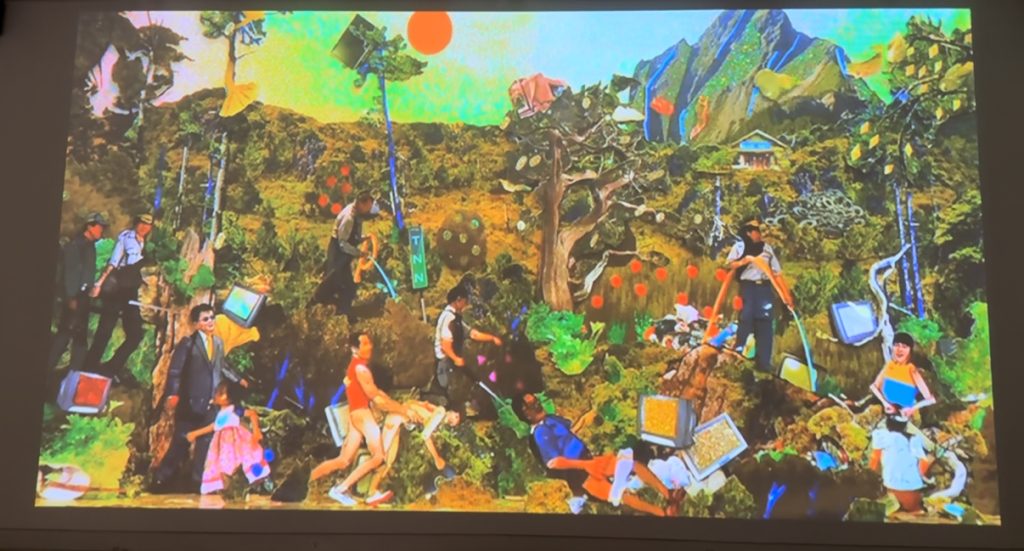
I think what really grounded me in the reality of Taiwan as a living, breathing nation was learning about its socio-political issues. One moment that hit me especially hard was during our visit to the Kaohsiung Fine Arts Museum where I saw a stop-motion animation piece called The Adventures in Mount Yu (I) by Tu Peih-Shih. It touched on corruption, pollution, and exploitation, with some disturbing scenes, but I think that it was a necessary discomfort. Up until this point, a lot of what we’d been exposed to—whether through our tour guide, Peter, or the businesses we visited—showed Taiwan in a positive light, which made sense for them to do so. But this was a moment that felt real and raw, and it reminded me that, like any other country, Taiwan has its challenges. I think this is where I found a lot of my personal growth in. I feel like it’s helped me expand my view of the world and it’s opened my mind to new thoughts.
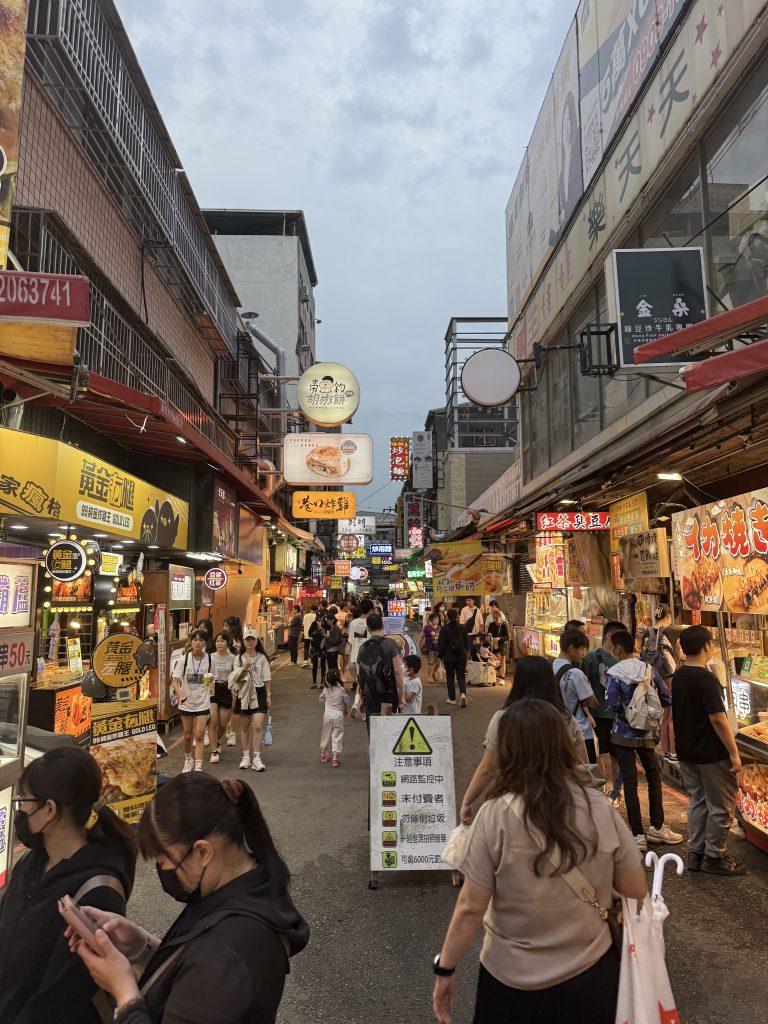
I’ve also expanded my idea of what’s possible for me. Prior to this trip I was hesitant about doing a semester abroad during my time at Bucknell. I’m terrible at navigating, get easily homesick, and am generally scared of new experiences. While in Taiwan, I realized that as long as I have google maps, the world is my oyster. New experiences will be fun 9 out of 10 times, and the memories made will outweigh the feeling of being homesick.
Academic Connections
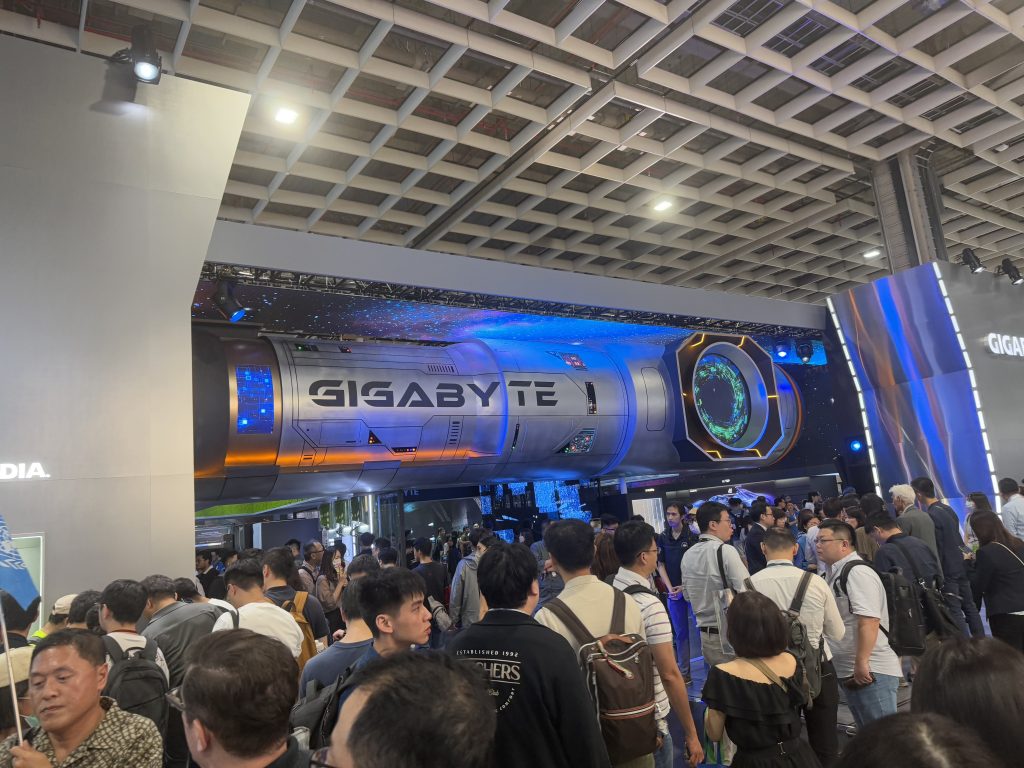
One of my academic takeaways from this trip was learning about how prominent Taiwan is in the global tech and AI space. Visiting AIT, GIGABYTE Tech, and other professionals in the field opened my eyes to how a small island nation can play such a major role in advanced industries. Before this trip, I honestly had no idea about Taiwan’s contributions to technology, so learning about its dominance in the semiconductor industry and its growing presence in AI development all for the first time while in the country was an interesting experience. It broadened my perspective on what’s possible for countries that are often overlooked in global conversations. The common talk about the usage of AI also made me think about how it will change our societies in the near future. As someone going into education policy, I started thinking about questions like: How can we prepare students for a world where AI automates so many jobs? How can we use AI to make learning more personalized, but still equitable? This kind of exposure helped me see the importance of staying informed about global technological trends.
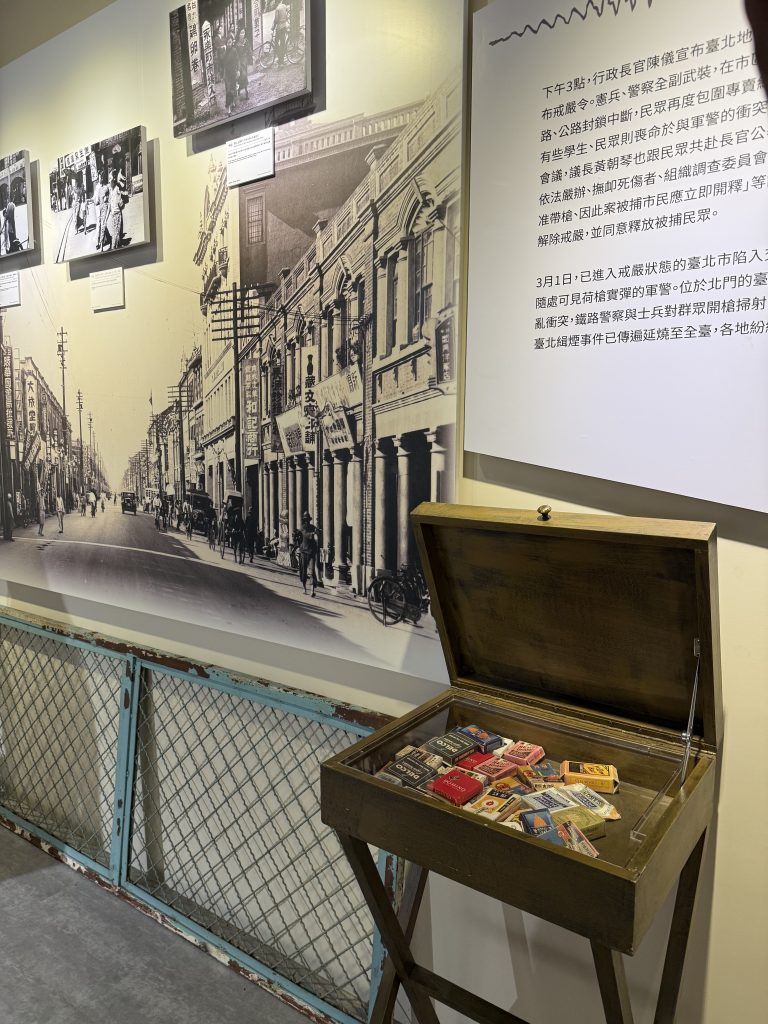
Another thing that really stuck with me was the 228 Memorial. Learning about the trauma, political supression, and ongoing generational impact of the 228 Incident opened by eyes to Taiwan’s history. Before this visit, we’ve talked about the history here but I think talking about it is very different from what I experienced at the memorial. The collections of personal items that were on display with victims’ stories were sobering and again reminded me that Taiwan has complexity. Learning about this darker side of history reminded me that history education has to include the uncomfortable parts. Peter mentioned that the 228 Incident was a taboo topic in Taiwan and that he never learned about it in school. Even though I can understand why, I strongly believe that history like this needs to be taught in order for a country to learn from its mistakes and grow. The experience here made me reflect on our own history back home, and how often the hard truths are downplayed or completely left out of curriculum. I think Taiwan’s willingness to preserve this history and educate the public about this part of their nation even if its decades later is something that other countries to aspire to. For me, it reinforced the idea that part of education is about making sure that future generations are capable of being critical of wrongdoings within their society and are able to think with compassion in mind.
Cultural Insights
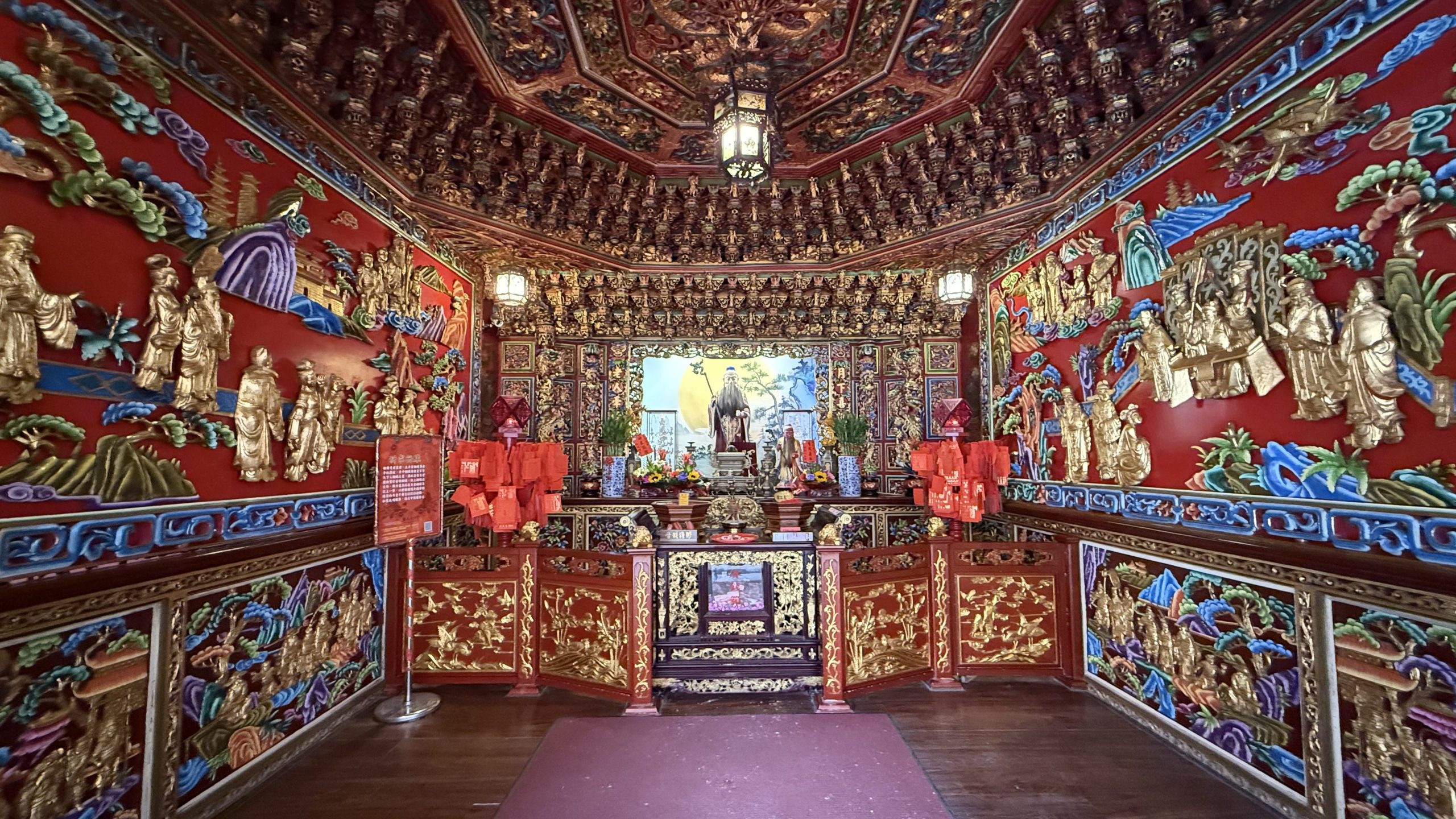
Throughout this program, we’ve had the chance to observe how Taiwanese business practices, religion, and cultural traditions intersect in everyday life. What stood out to me most is how so many aspects of Taiwanese culture are closely tied to religion. It’s not uncommon to be walking down a busy street and then suddenly find yourself passing by a temple, tucked between shops or apartment buildings. At first, I assumed many of these temples were mostly for tourist attractions, but as we spent time inside of them I realized that many of them were active places of worship where you’d find more locals than tourists.
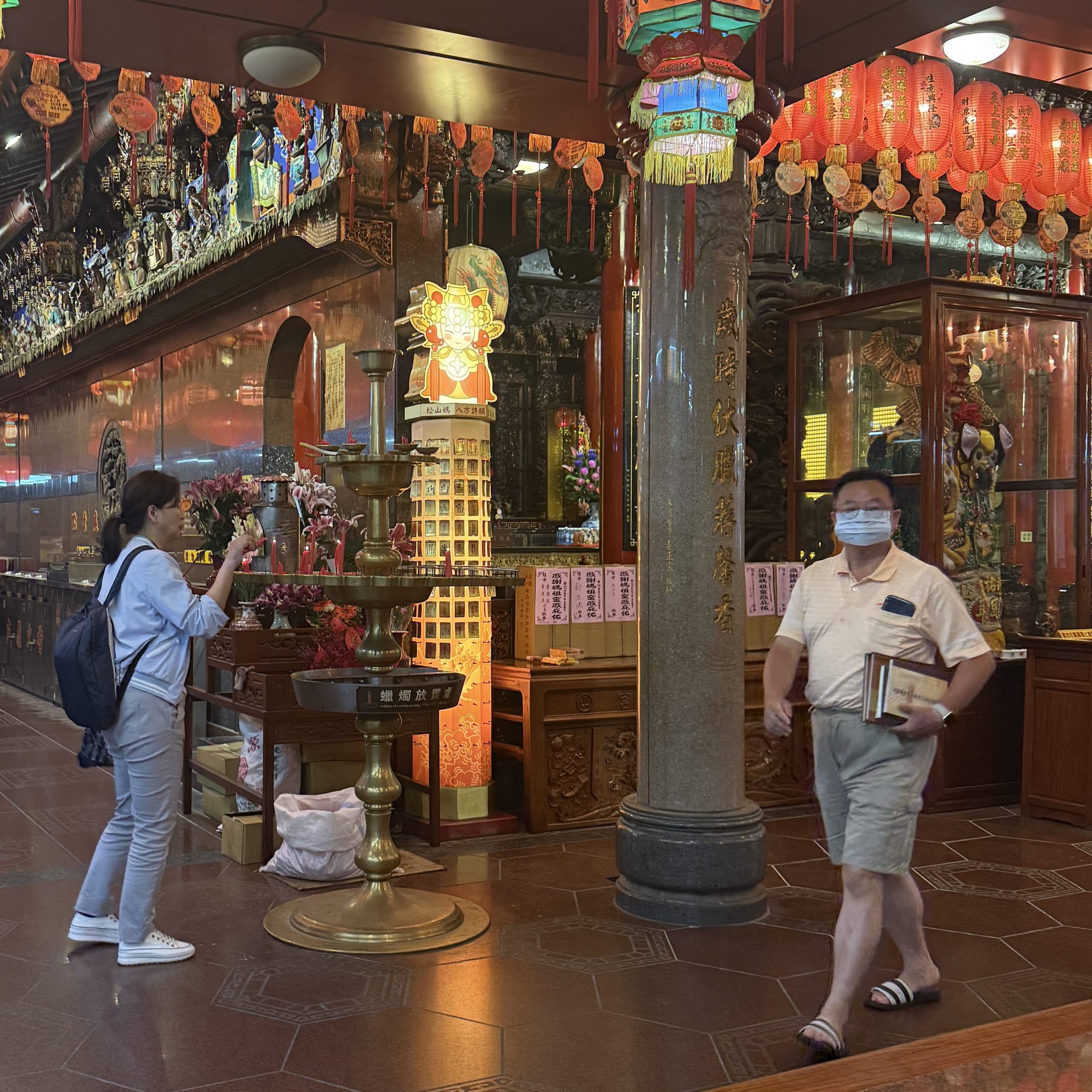
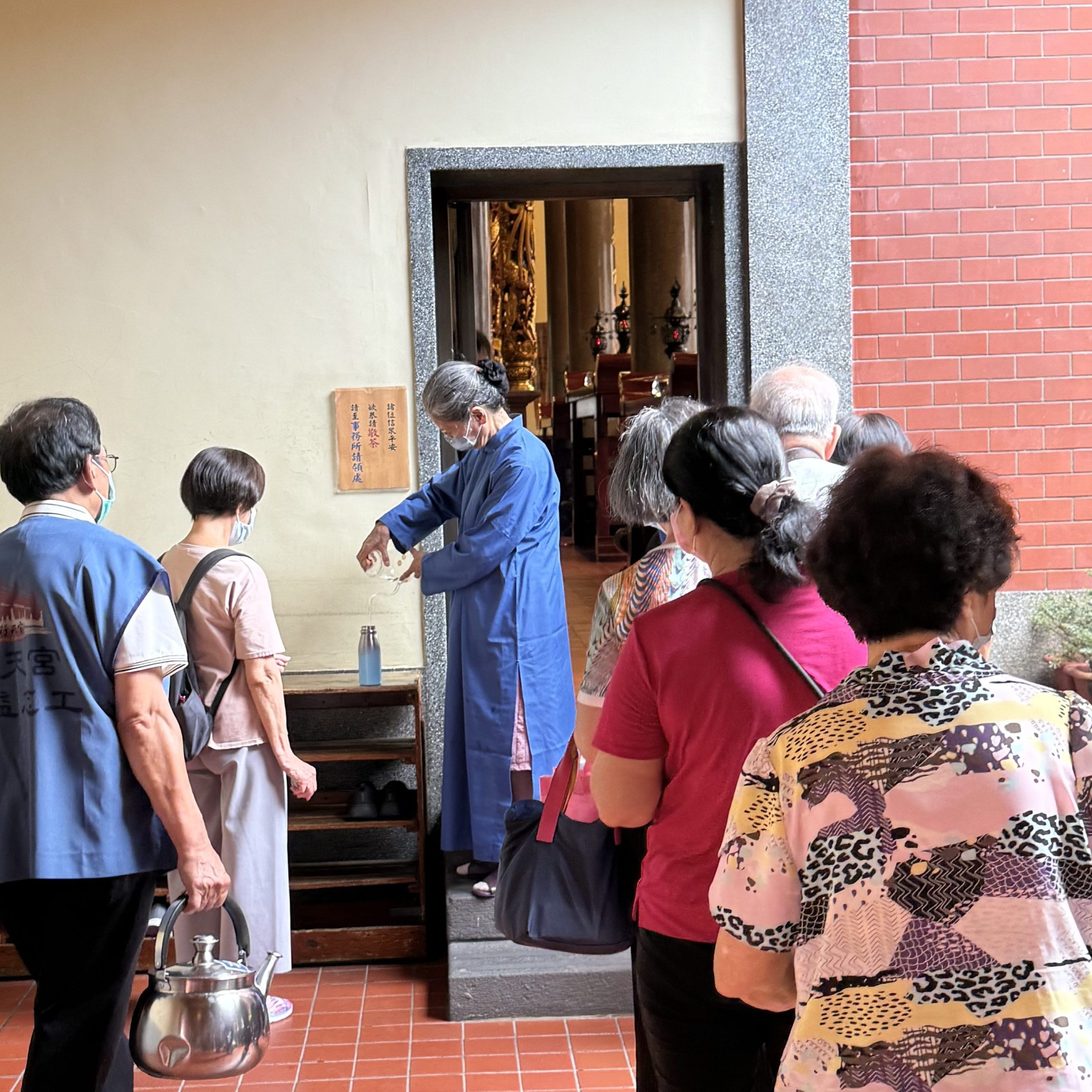
Seeing locals walk in, do a quick prayer, make an offering, and stepping out within 5 minutes felt so different from what I’m used to, where religion usually takes place behind closed doors or on specific days. It gave me an appreciation for how culture and faith can exist in the public sphere in such a natural way. It made me think about religion in America and the intolerance towards certain practices. In the U.S., public expressions of faith—especially those outside of Christianity—can be met with discomfort or sometimes even hostility. But in Taiwan, the act of worship felt normalized and respected. It showed me that creating space for people to connect with their beliefs in everyday settings doesn’t diminish the how genuine the worship is, and can instead make it feel more authentic.
To Conclude…
This trip to Taiwan has made both small and large changes to how I think about the world, about myself, and about the kind of educator and policymaker I hope to become. I came into this program with a narrow set of ideas that I’ve developed mostly through TripAdvisor and TikTok or through secondhand knowledge, and I’m now leaving with a much more human understanding of the country. I’m grateful for what I’ve learned here and hope I can use this experience to be a more well-rounded person and educator!